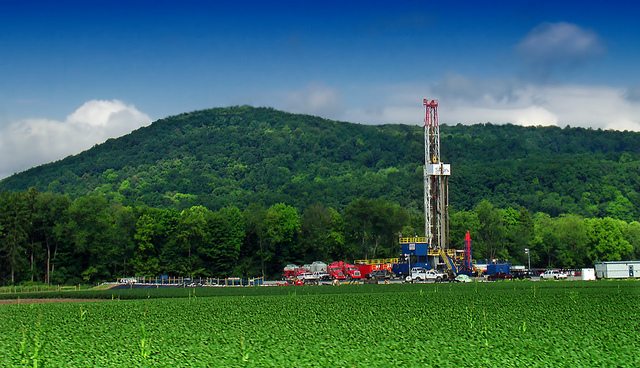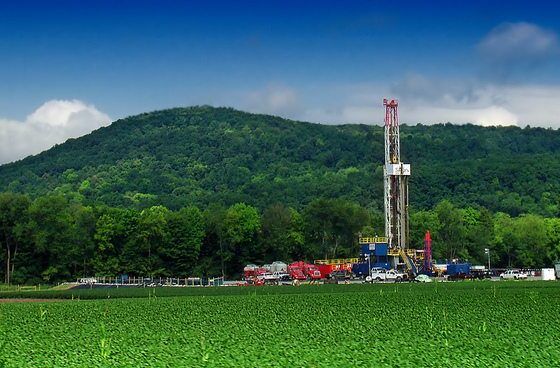

Energy
Fracking could present potential risks equivalent to asbestos and thalidomide
The UK government’s chief scientist Mark Walport has warned of the need to thoroughly look at the potential risks of innovations, including fracking, or risk unforeseen impacts if they are adopted too quickly.
The report – Innovation: managing risks, not avoiding it – is the first annual report of the government chief scientist adviser Walport, which looks at approaches to risk in the context on innovation.
In the report, Walport states, “Advances in science and technology can yield significant benefits and drive economic growth. The challenge for society is to channel evidence about innovative technologies and their risks to improve decisions making in the area of regulation and policy making.”
The report notes that history presents plenty of examples of innovation trajectories that have later proved to be problematic, including asbestos, thalidomide, tobacco and some pesticides. In these cases, as well as many others, delayed recognition of adverse effects incurred not only serious environmental or health impacts, but massive expenses and reductions in competitiveness for firms and economies persisting in the wrong path, it adds.
For this reason, it is important to assess potential risks, the report argues. One of the areas covered in the report is fracking.
Fracking, or hydrochloric fracturing, is a controversial method used to extract shale gas. Whilst supporters of the method argue it can be used as a transition fuel and is safe so long as regulations are strict and enforced, others have linked the practice to environmental degradation, water contamination and an increase risk of earthquakes.
An industry, NGO and scientist perspective is looked at in the report in regards to fracking to assess the risks and opportunities.
The report argues that governments worldwide must look beyond a five year time period to ensure genuine preparedness and resilience. Other areas covered in the report include nuclear power, genetically modified crops, renewables, neonicotinoids insecticides and climate change
Photo: Nicholas A. Tonelli
Further reading:
Davos: David Cameron ‘undermining climate change efforts’ with fracking support
Two-thirds of Britain ‘could be fracked’
Government survey finds support for fracking has fallen to 24%
Fracking boom will increase global carbon emissions, scientists warn
Steep decline in British public’s fracking support, poll shows


 Features11 months ago
Features11 months agoEco-Friendly Cryptocurrencies: Sustainable Investment Choices

 Energy11 months ago
Energy11 months agoThe Growing Role of Solar Panels in Ireland’s Energy Future

 Energy10 months ago
Energy10 months agoGrowth of Solar Power in Dublin: A Sustainable Revolution

 Energy10 months ago
Energy10 months agoRenewable Energy Adoption Can Combat Climate Change





























